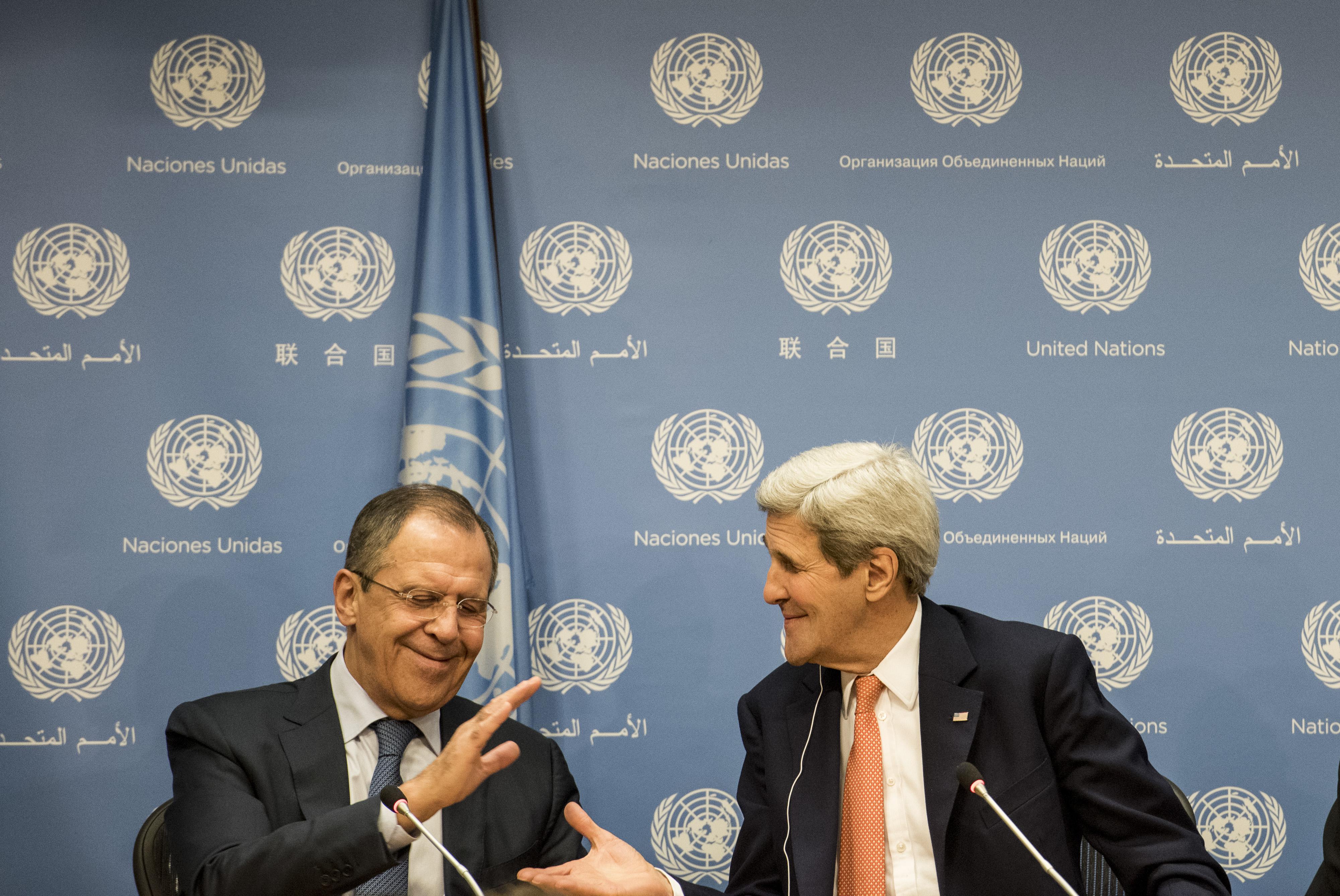It certainly took a while but the U.N. Security Council finally came together to unanimously approve a resolution that endorses an international plan for a peace process to end the nearly five-year-old Syrian civil war. It marked a rare show of unity in the international community to tackle a conflict that has already killed more than a quarter of a million people.
The resolution means the Security Council supports a process that would launch talks between the Syrian government and the opposition to eventually establish a transitional government, write a new constitution, and hold elections. All of it within 18 months. The process is supposed to start in January but diplomats believe it could take longer to get things moving.
“This council is sending a clear message to all concerned that the time is now to stop the killing in Syria and to lay the groundwork for a government that the long-suffering people of that battered land can support,” Secretary of State John Kerry said.
Obstacles clearly remain. For one, what will happen with Syrian President Bashar al-Assad isn’t even mentioned. Kerry did not hide that sharp differences remain about what the future of Syria would look like. “We are under no illusions about the obstacles that exist,” Kerry said. “There obviously remain sharp differences within the international community, especially about the future of President Assad.” Still, even though Assad had “lost the ability to unite the country,” continuously demanding he leave power was doing nothing but “prolonging the war,” Kerry added.
The approval of the resolution though illustrates how world powers increasingly believe that the number one priority in Syria must be to combat the Islamic State. That is also why Washington is putting what was once a priority—pushing Assad out of power—on the backburner. “With the Islamic State’s rise, there is little desire to create a vacuum in Damascus that the Islamic State or other extremist groups might fill,” notes the New York Times.
The BBC outlines the basic points of the resolution:
- Calls for ceasefire and formal talks on a political transition to start in early January
- Groups seen as “terrorist,” including Islamic State and al-Nusra Front, are excluded
- “Offensive and defensive actions” against such groups—a reference to air strikes by US-led coalition and Russia—to continue
- UN chief Ban Ki-moon to report by 18 January on how to monitor ceasefire
- “Credible, inclusive and non-sectarian governance” to be established within six months
- “Free and fair elections” under UN supervision to be held within 18 months
- Political transition should be Syrian-led
